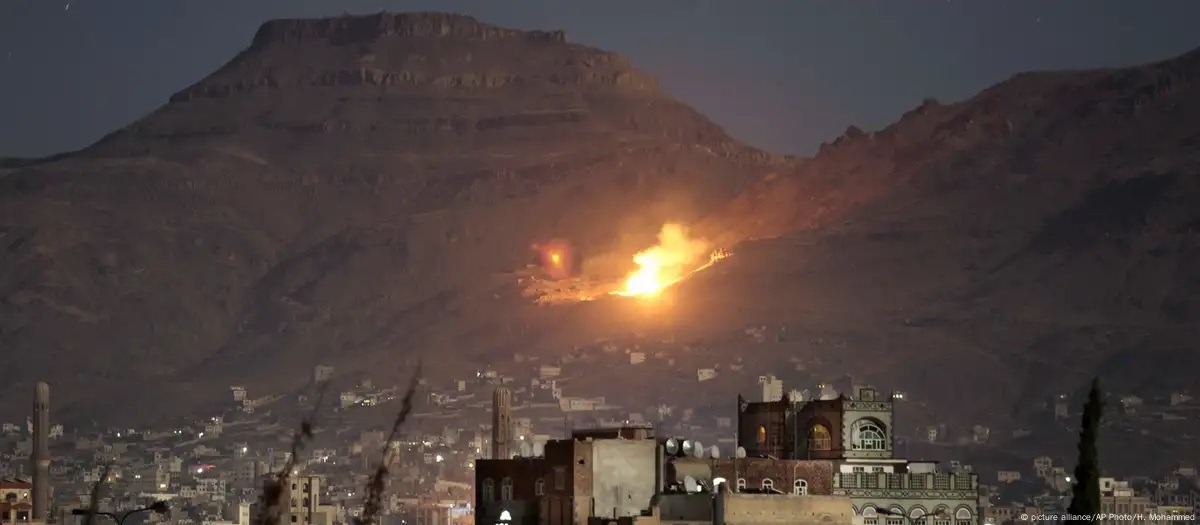
Barran Press
Sources in the Yemeni capital Sana'a have revealed that the Houthi group, designated as a terrorist organization by the international community, has acquired excavation equipment smuggled into the country via sea and has begun using it to build underground bunkers for workshops and military operations centers.
Speaking to "Barran Press" on the condition of anonymity for security reasons, the sources stated that the group has started using this equipment to excavate underground storage facilities in the Bani Hashish area on the outskirts of Sana'a, as well as in mountainous regions of Sa'dah and Amran governorates.
The sources added that the equipment originated from North Korea and arrived in Yemen about a year ago, transported through a complex sea voyage orchestrated by the Iranian Revolutionary Guard.
According to the sources, the group began using this equipment early last year to excavate underground military barracks and weapon storage facilities. They also utilized it to construct a large, secret military operations center beneath a mountain ridge east of Sana'a.
The sources believe that the group is currently using this center to manage its recent military operations. They also indicated that the group is working to replace all of its exposed military storage facilities with underground ones to avoid any future airstrikes.
Furthermore, the sources revealed that the Iranian-backed Houthi group recently relocated several workshops dedicated to designing the outer structures of drones and ballistic missiles to fortified underground workshops east of Sana'a. The relocated workshops were previously operating at a maintenance camp in the Thora district of Sana'a's Hasaba neighborhood and another in the Dhaiban neighborhood east of Sana'a.
These recent actions come in conjunction with the Houthi group's ongoing attacks on commercial ships in the Red Sea, Gulf of Aden, and Bab el-Mandeb Strait since last November, followed by international counter-responses.
Since last November, the Houthi group, internationally designated as a terrorist organization, has continued its missile and drone attacks against commercial cargo ships in the Red Sea, Arabian Sea, and Gulf of Aden.
The group's attacks have led to increased maritime insurance costs and prompted many international shipping companies to opt for the much longer route around the southern tip of Africa.
To deter the Houthis and protect maritime navigation, the United States formed a multinational coalition in December 2023. US forces have also been carrying out strikes against Houthi military targets on a regular basis.
Since January 12, the number of US and UK airstrikes against the Houthis on the ground has reached approximately 560, resulting in the deaths of 58 individuals and injuries to 86 others, according to the group's own admission.
The internationally recognized Yemeni government claims that Western airstrikes are ineffective in neutralizing the Houthi threat to navigation and that the most effective solution is to support its armed forces in retaking Hodeidah, its ports, and other areas under Houthi control.
Despite the group's continued adoption of further maritime attacks, only three ships out of 170 claimed to have been targeted since last November have reported any significant incidents or injuries.





